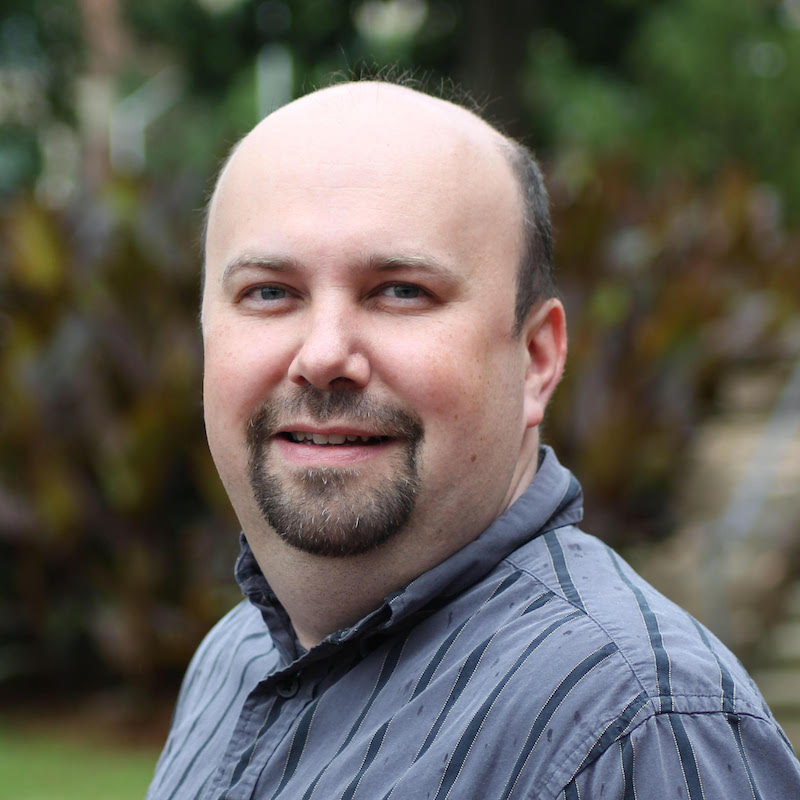ARC 2021 Olexandr Isayev Abstract and Biography

Abstract
Neural networks learning quantum chemistry
Historically, computational chemistry has been unable to overcome the orthogonal requirements of speed and accuracy. If you want an accurate calculation, be ready to pay the price in computer time. In the pursuit of a compromise between speed and accuracy, many approximations were developed that expedite ab-initio methods with some loss of accuracy. Popular strategies include the partition of the system of interest into fragments, linear scaling, semi-empirical methods, or the construction of empirical potentials that have been parametrized to reproduce experimental or accurate ab-initio data. Artificial intelligence (AI) methods that focus on the use of large and diverse data sets in training new atomistic potentials, has consistently proven to be universally applicable to systems containing the atomic species in the training set. In this talk, we will present a family of transferable deep learning potentials that are applicable to complex and diverse molecular systems well beyond the training data. Focusing on parametrization for organic molecules, we have developed a universal neural network potential that is highly accurate compared to reference QM calculations at speeds 10^7 faster. The potential is shown to accurately represent the underlying physical chemistry of molecules through various test cases including chemical reactions (both thermodynamics and kinetics), thermochemistry, structural optimization, and molecular dynamics simulations. The results presented in this talk will provide evidence of the broad applicability of deep learning to various chemistry problems involving organic chemistry tasks.
Biography
Dr. Isayev is an assistant professor in the Department of Chemistry at Carnegie Mellon University. Hi research focuses on heoretical and computational chemistry, machine learning, cheminformatics, drug discovery, computer-aided molecular design, and materials informatics. He directs the Isayev lab, which works at the interface of theoretical chemistry, pharmaceutical sciences and computer science. In particular, they use molecular simulations and artificial intelligence to solve difficult problems in chemistry. Issayev's lab is working towards the acceleration of molecular discovery by combining AI, informatics, and high-throughput quantum chemistry. They also focus on both generative and predictive ML models for chemical and biological data.

